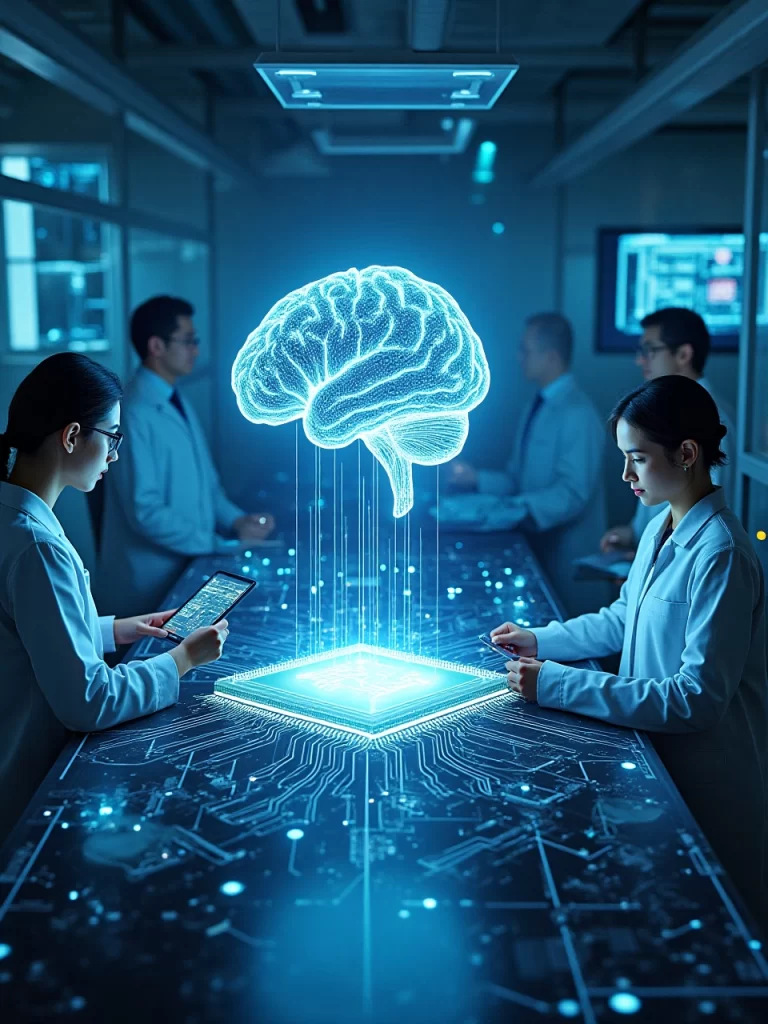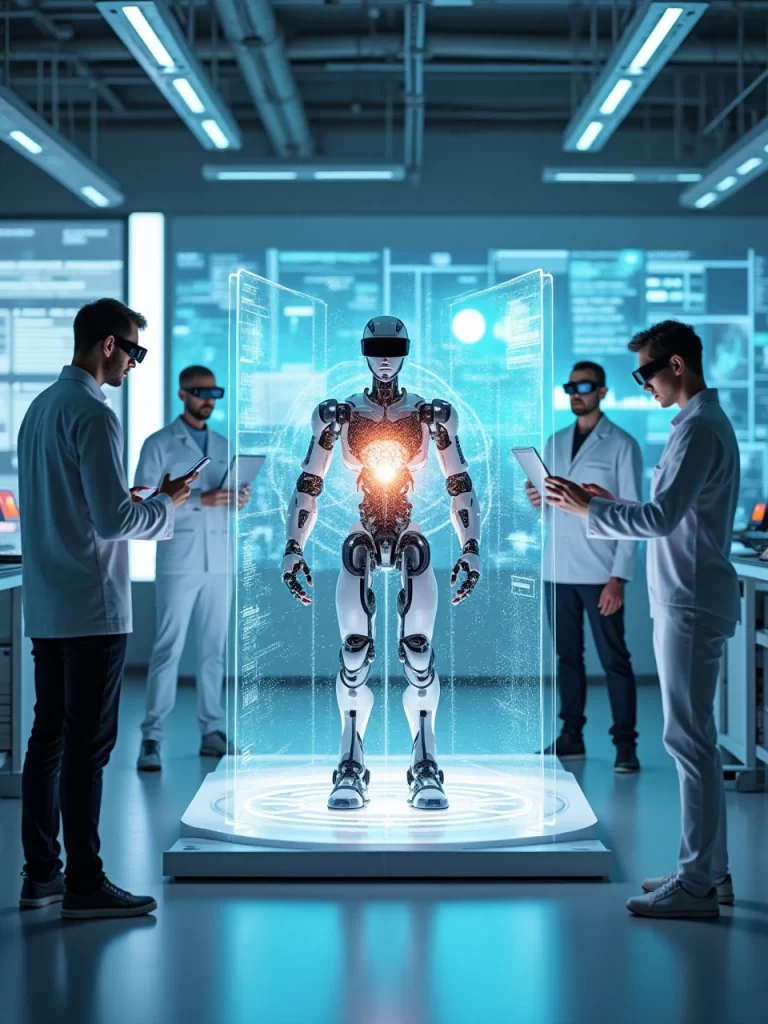Introduction:
AI in Electrical and Electronics Engineering is no longer futuristic—it’s today’s reality. From intelligent circuits and adaptive systems to automation and predictive maintenance, artificial intelligence is transforming how we design, control, and optimize electrical systems.
But smart circuits demand smarter minds. At MKCE Engineering College, students are trained to understand both foundational electrical engineering principles and modern AI applications. This blog explores the impact of AI in Electrical and Electronics Engineering, the career scope, and how MKCE is preparing students for this new era.
What is AI in Electrical and Electronics Engineering?
AI in Electrical and Electronics Engineering refers to the integration of artificial intelligence technologies—like machine learning, deep learning, and automation—into traditional electrical engineering tasks. It enables systems to learn from data, self-optimize, and operate more efficiently.

Real-World Applications of AI in Electrical and Electronics Engineering
- Smart Meters – Real-time energy consumption analysis and demand optimization
- AI-powered PCB Design – Intelligent board layouts for power efficiency
- Fault Detection Systems – ML models for transformers and generators
- IoT Integration – AI enhances smart home and industrial automation
- Smart Grids – Forecast energy usage and prevent blackouts
These innovations are all powered by AI in Electrical and Electronics Engineering, ensuring greater efficiency, safety, and sustainability.
Skillset Required for AI in Electrical and Electronics Engineering
To thrive in this evolving domain, engineers need:
- Proficiency in Python, MATLAB, C++
- Understanding of neural networks and machine learning
- Familiarity with tools like TensorFlow, Simulink, AutoML
- Knowledge of embedded systems and microcontrollers
- Ethics in AI and cybersecurity awareness
MKCE’s syllabus for AI in Electrical and Electronics Engineering equips students with exactly these skills.
Why Choose MKCE for AI in Electrical and Electronics Engineering?
At MKCE Engineering College, we nurture future-ready engineers with a curriculum and culture tailored for the AI era:
- Updated Curriculum: Courses blend AI with electronics, IoT, and signal processing
- AI & Robotics Lab: Practical learning with real-time simulations and hardware
- Hackathons & Competitions: National-level innovation challenges
- Internships: Tie-ups with AI firms for real-world training
- Faculty Support: Guidance from experts in AI and core EEE fields
Whether it’s smart grids or robotics, AI in Electrical and Electronics Engineering is deeply integrated into MKCE’s academic ecosystem.

Career Opportunities in AI in Electrical and Electronics Engineering
Graduates specializing in AI in Electrical and Electronics Engineering can pursue roles like:
- AI Hardware Engineer
- IoT Systems Developer
- Smart Grid Analyst
- Automation & Control Engineer
- Embedded AI Systems Developer
- Data Scientist in Energy Sector
Industries Hiring:
- Renewable Energy
- Smart Devices and IoT
- Automotive and EVs
- Aerospace and Defense
- Consumer Electronics

Conclusion: Engineering Tomorrow’s Innovations
AI in Electrical and Electronics Engineering is not about replacing engineers—it’s about empowering them. With the right skills and mindset, today’s students can shape a smarter, greener, and more connected future.
MKCE is committed to making that future a reality.

Power your career with AI in Electrical and Electronics Engineering at MKCE.
Visit www.mkce.ac.in to explore the program or schedule a campus tour today.